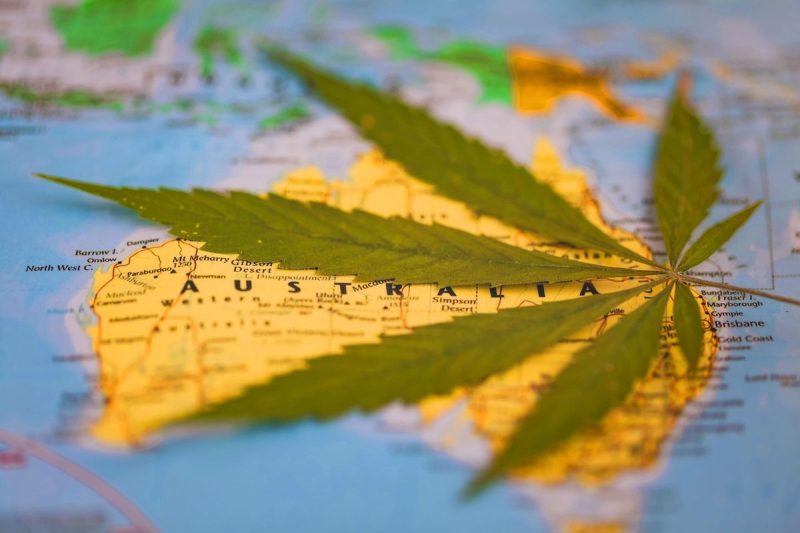As Australia continues to evolve its cannabis legislation, the state-by-state guide has become a valuable resource for individuals seeking clarity on the legal landscape surrounding this plant. With the current changes in place, it is essential for residents and visitors to understand the specific laws and regulations that apply to cannabis use in each state. Here is a breakdown of the key points regarding cannabis in various Australian states as of 2024.
New South Wales (NSW)
In New South Wales, the possession of up to 15 grams of cannabis for personal use has been decriminalized. However, the cultivation and sale of cannabis remain illegal. Medical cannabis laws have also been established, allowing patients to access cannabis products with a prescription. Overall, NSW has taken a cautious approach to cannabis reform, focusing primarily on medical access.
Victoria
Victoria has made significant strides in cannabis reform, legalizing the use of medical cannabis for patients with certain chronic conditions. The state has also decriminalized the possession of small amounts of cannabis for personal use. Additionally, there are ongoing discussions about potential legislation to further liberalize cannabis laws in Victoria.
Queensland
In Queensland, the possession of small amounts of cannabis remains a criminal offense. However, the state has implemented a system for the cultivation and distribution of medical cannabis products for eligible patients. Queensland has taken a conservative approach to cannabis reform, prioritizing medical use over recreational access.
Western Australia (WA)
Western Australia has decriminalized the possession of small amounts of cannabis for personal use. The state has also established a system for the legal cultivation and distribution of medical cannabis products. While recreational cannabis use remains illegal in WA, there is ongoing debate about the potential benefits of expanding access to cannabis for adult use.
South Australia (SA)
South Australia has decriminalized the possession of small amounts of cannabis for personal use. Additionally, the state has implemented a scheme for the cultivation and distribution of medical cannabis products. SA residents have relatively easy access to medicinal cannabis, but there are limited options for recreational use at this time.
Tasmania
Tasmania has decriminalized the possession of small amounts of cannabis for personal use. The state also allows for the cultivation and distribution of medical cannabis products for eligible patients. While Tasmania has been relatively progressive in its approach to cannabis reform, there are ongoing discussions about potential further changes to the state’s cannabis laws.
Northern Territory (NT)
In the Northern Territory, the possession of small amounts of cannabis for personal use has been decriminalized. The state also allows for the cultivation and distribution of medical cannabis products. NT has taken a moderate approach to cannabis reform, balancing the needs of patients with concerns about recreational use.
Australian Capital Territory (ACT)
The Australian Capital Territory made headlines in 2020 by becoming the first jurisdiction in Australia to legalize the possession and cultivation of small amounts of cannabis for personal use. ACT residents can grow up to four plants per household and possess up to 50 grams of dried cannabis. While this move was seen as a significant step forward in cannabis reform, it has also faced some challenges at the federal level.
Overall, the state-by-state guide to cannabis in Australia highlights the complex and evolving nature of cannabis legislation across the country. As attitudes toward cannabis continue to shift, it is essential for individuals to stay informed about the laws and regulations that apply in their specific state. By understanding the current legal landscape, residents and visitors can navigate the complexities of cannabis use in Australia more effectively.




























